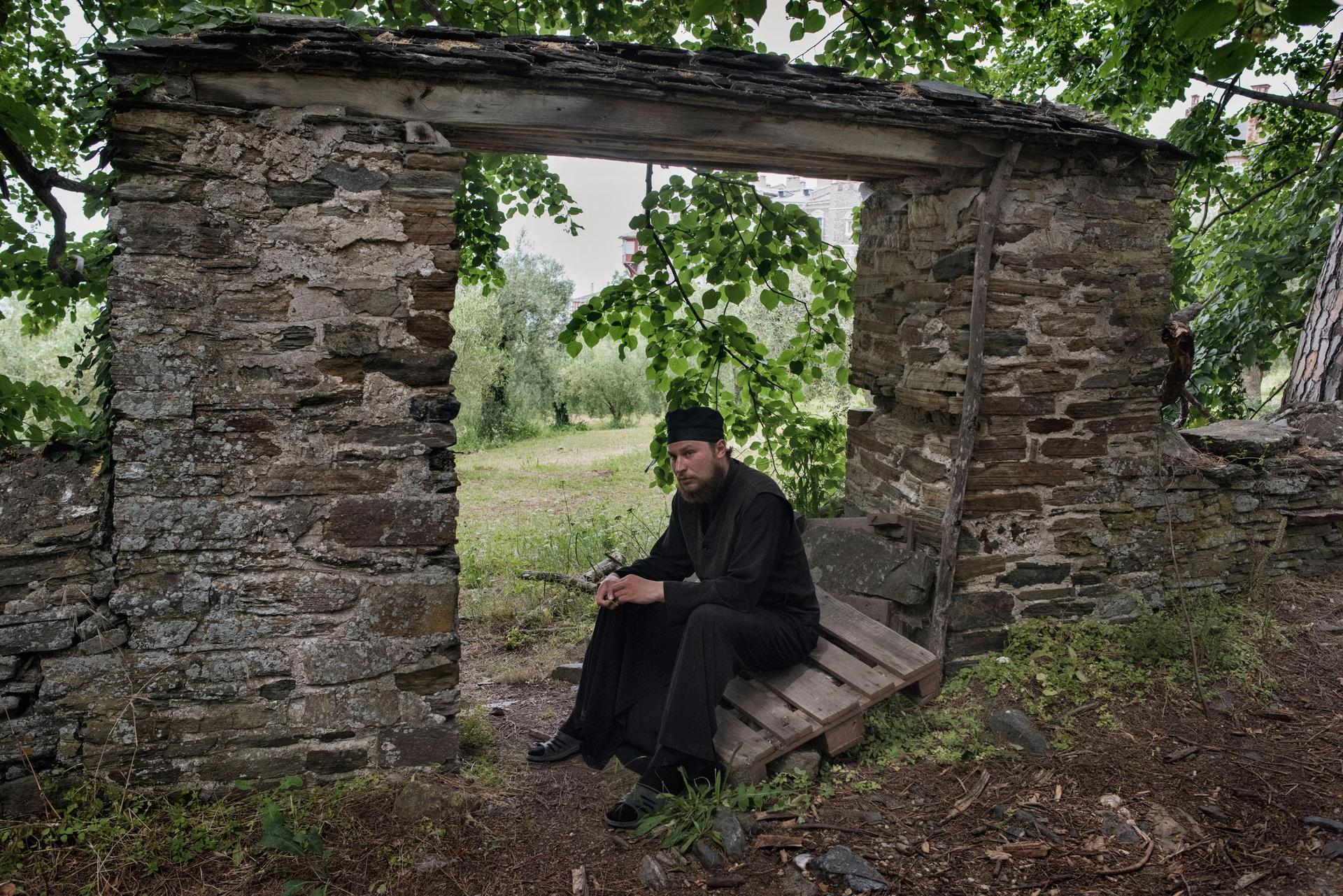The Christian way of life is profoundly marked by prayer. There can be no Christian, if there is no prayer. If we do not engage in speaking and listening to the living God, we cannot understand his ways, his teachings, and his interaction with us.
As a help to our life of prayer, the Church contains a vast and rich spiritual treasury. Such a treasury contains extensive helps and resources for us to pray deeply and so encounter God in our daily lives.
One of the resources in the Church’s treasury are her various prayer methods. A prayer method is a guide along a specific way of praying. There are multiple methods because we have different personalities, needs, and the events of life call for variations in conversations with God.
Among the prayer methods of the Church, one unique method is called poustinia. The prayer method always provokes curiosity and intrigue since it is peculiarly its own. It does not resemble other prayer methods and doesn’t share in the similarities that is found among the other prayer methods in our spiritual tradition.
This prayer method is found within the Church’s mystical apophatic tradition. The apophatic tradition relishes and rejoices in the reality that God is infinitely more than anything that can ever be said or promulgated about him. It stresses the mystery of God and glories in his existence as eternally beyond us and our concepts, images, and ideas.
The word poustinia is Russian for “hermitage,” since the prayer method calls us to make our hearts a hermitage before God. As we speak about the heart, we should explain what we mean.
The Catechism of the Catholic Church provides a great definition. The explanation begins with the heart within itself: “The heart is the dwelling-place where I live; according to the Semitic or Biblica expression, the heart is the place ‘to which I withdraw.’ The heart is our hidden center, beyond the grasp of our reason and of others; only the Spirit of God can fathom the human heart and know it fully.”
The explanation then shifts and focuses on the heart’s movement and actions beyond itself: “The heart if the place of decision, deeper than our psychic drives. It is the place of truth, where we choose life or death. It is the place of encounter, because as image of God we live in relation: it is the place of covenant.”
This explanation of the heart helps us to understand poustinia. Our hearts are inclined to be a hermitage. The prayer method of poustinia guides the heart to recognize and express what it is before God. Poustinia, therefore, expands our hearts and allows them to be places of refuge, solitude, peace and quiet before God.
Poustinia convicts us and summons us to purify and clear our minds and hearts so that we can know and encounter the living God.
In poustinia, we use no words or images. We labor to strip our minds of all such things. We seek to simply sit in the presence and emptiness of God. We hold empty hands before him. In such a way, we are able to offer him pure and total adoration.
As a help to understanding this prayer method, we can see ourselves sitting outside in a dark night. There are no lights and no stars. There is only a black and quiet horizon. And this horizon is the beginning of poustinia. We remove everything else so that we are spiritually naked before God. We bring nothing, we expect nothing. We are simply present before him.
If we recall the prayer method called composition of place, poustinia is the exact opposite. Rather than composing a place without spiritual imagination, we remove all scenes, images, and thoughts from our minds and hearts.
As a clarification, poustinia is vastly different from various Eastern meditation forms, such as Buddhism, since poustinia is about a sincere and completely open personal interaction between ourselves and God. Poustinia is completely about encountering the living God. We are not searching for ourselves or some nirvana. We are approaching the living God who has been searching and looking for us.
Given the extreme measures of this prayer method, poustinia is usually prayed while prostrating ourselves before God. While any bodily posture can be used, prostration is the posture most akin to this prayer method.
There is more to be said about poustinia, but for now we can focus on our call to make our hearts into small hermitages for God.
Sign up for the Morning Offering with Father Kirby and receive daily spiritual encouragement sent right to your inbox every morning.















